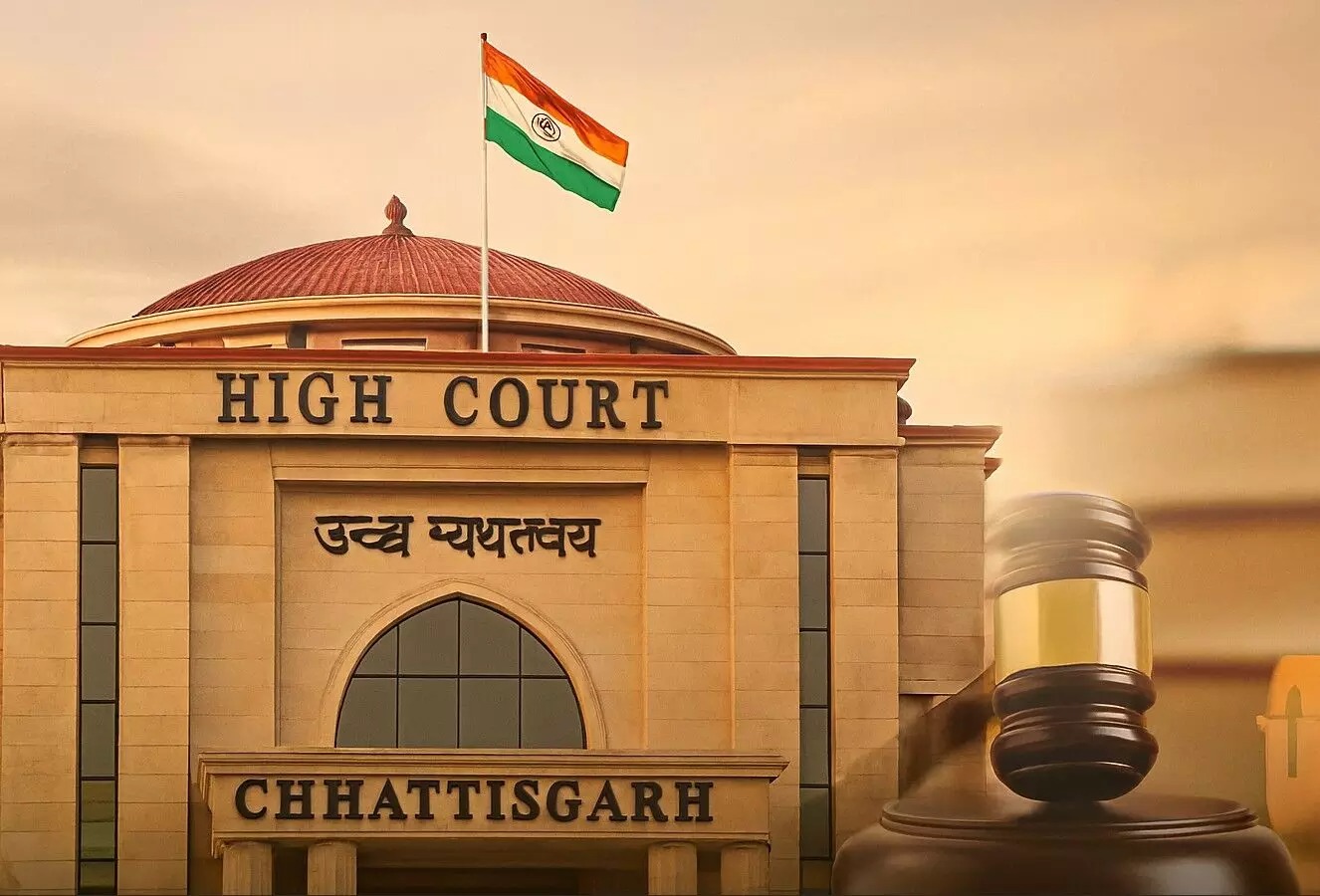Pullan, J.@mdashThis is a plaintiff''s appeal from the decision of the First Additional Subordinate Judge of Jaunpur, dismissing the plaintiff''s suit. One Shabbir'' Ali Khan died on 25th June 1925. He had been a comparatively wealthy man, but he had, at the time of his death, disposed of all his property. He had made two deeds of gift on 22nd December 1914 and 30th January 1916 in favour of Bu Ali who was his wife''s nephew, and he had made two sale deeds on 22nd December 1915 and 17th January 1925 in favour of Mt. Tahira Bibi who is Bu Ali''s wife. All the rest of his property had been made on 30th January 1916 the subject of a wakf, and he himself had remained mutawalli until his death,'' The office of mutawalli had descended in accordance with the deed of wakf on Bu Ali.
2. The present suit has been brought by Mt. Salona Bibi, who claimed one-third share in the estate of Shabbir Ali, being one of his heirs under Shia law. She sought to set aside all the deeds of transfer made by Shabbir Ali Khan on the ground that he was a man of weak intellect and was under influence exercised by Bu Ali Khan and his wife. There is nothing, in our opinion, to show that Shabbir Ali Khan was a man of weak intellect, or that the influence exercised upon him by Bu Ali Khan and Bu Ali Khan''s wife was of such a nature that it can be described as undue influence. It appears that he had bought up Bu Ali Khan, who was his wife''s nephew from childhood, and Bu Ali Khan''s wife, Mt. Tahira Bibi, was the nieca of the present plaintiff, and therefore related to Shabbir Ali Khan by blood. The family tree shows that Shabbir Ali Khan had no near relations. The plaintiff was his Uncle''s granddaughter, and the dispositions made by him in favour of Bu Ali Khan and his wife, who looked after him in his old age, were, in our opinion, prompted by affection and cannot be challenged on the grounds set up by the plaintiff.
3. The wakfnama however has been attacked on the ground that it is void under Sfaia law in that the wakif Shabbir Ali Khan reserved a benefit under the wakfnama for himself. The property dedicated is valued at Rs. 6,000. It is landed property consisting of small shares in various villages. The income is stated in the wakfnama to be Rs. 581-12-4 and the Government revenue is Rs. 2463-4. The annual profit is stated to be Rupees 335-9-7 which should be Rs. 335-9-0. The wakif took from this Rs. 110 as collection dues and his dues as mutawalli, and agreed to spend the balance on various charitable and religious objects. By a subsequent clause he reduced, the sum to be taken by the mutawalli, if the mutawalli was Bu Ali Khan or any male or female descendants of his, from Rs. 110 per annum to Rs. 50 per annum, and there is a further clause enacting that if Bu Ali or any other mutawalli failed to carry out the objects of the wakf, the leaders of the Shia community might see that the mutawalli carried out the objects of the wakf, and in this case the mutawalli was to get only Rs. 23 for collection, that is to say, he was to be entitled only to receive Rs. 25 as the cost of collecting rents and so forth, but was to receive nothing for his other duties as mutawalli. It is not disputed that under the Shia law a wakf, in which the wakif has reserved to himself during his lifetime, the profits of the property is void ab initio. Where however the wakif is a mutawalli, he can take the salary fixed for mutawallis generally in the same way that:
if one should make an appropriation for poor and should himself become poor, or for lawyers and himself become a lawyer, there is no objection to his participating in its benefits": Baillie''s Digest of Mahomedan law, part 2, p. 218.
4. In the case of
the settler under colour of fixing her salary as mutawalli was really reserving for her lifetime a portion of the income or usufruct of the property in in excess of what was assigned in the deed to future mutawallis or could reasonably have been assigned to them.
5. It is true that in the present case Shabbir Ali Khan assigned to himself as mutawalli a larger sum for collections and mutawalli''s dues than" he assigned to those who were to come after. t We find however that the sum assigned to himself was only Rs. 110 per annum, and he was required to collect Rs. 581 in rents from different villages. He was an old man when he dedicated the property, and he retained at that time only a very small property for himself, having surrendered the bulk of his property in the villages in which the dedicated property is "situated to Bu Ali, It is probable therefore that in order to make these collections and carry on the work of the wakf it would be necessary for Shabbir Ali Khan to employ a servant to collect the rents and conduct the business of the property. For this purpose a sum of some Rs. 9 per month was in HO way excessive. The case of Bu Ali and his immediate descendants is different. Bu Ali already owned property in all these villages through the gifts made in his favour by Shabbir Ali Khan. It may easily be understood that the collection would be a matter of no difficulty and little expense to Bu Ali Khan. This fact may account for the difference in the amount reserved for Shabbir Ali Khan and the amount reserved by him for Bu Ali Khan for expenses of collection, and in our opinion we are entitled to hold that in making this distinction between himself and the succeeding mutawallis Shabbir Ali Khan was not reserving to himself any portion of the profits, but was merely making allowance for additional expense which would be incurred during his lifetime in carrying out the purposes of the wakf. In our opinion the wakf is valid under the Shia law, and neither the wakf nor the other transfers are liable to be set aside at the instance of the plaintiff. We accordingly dismiss the appeal with costs.

